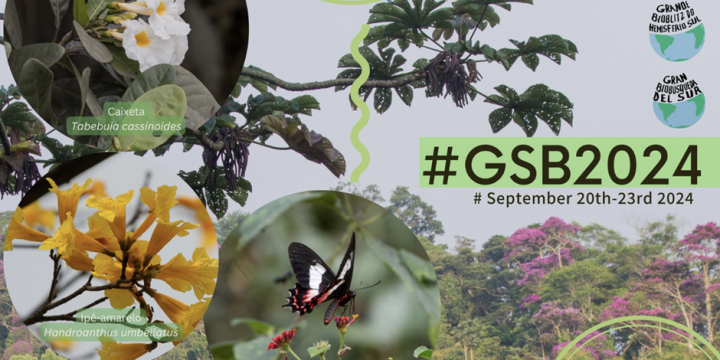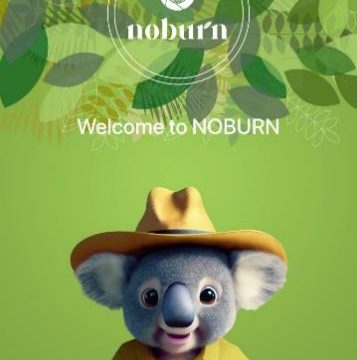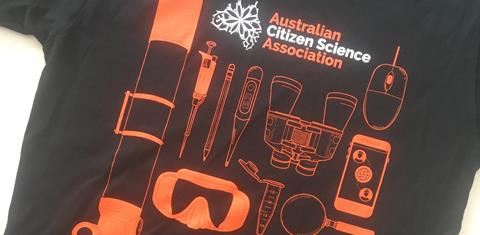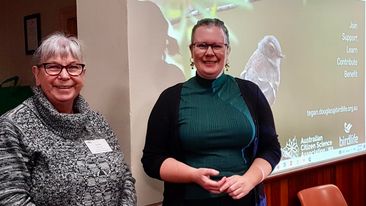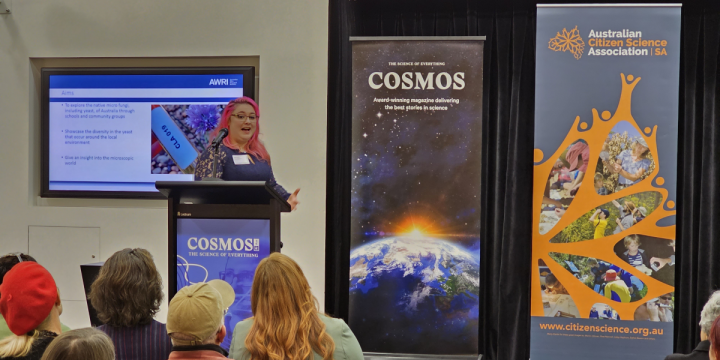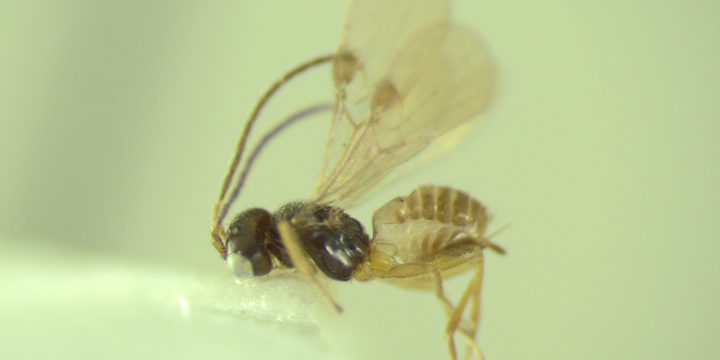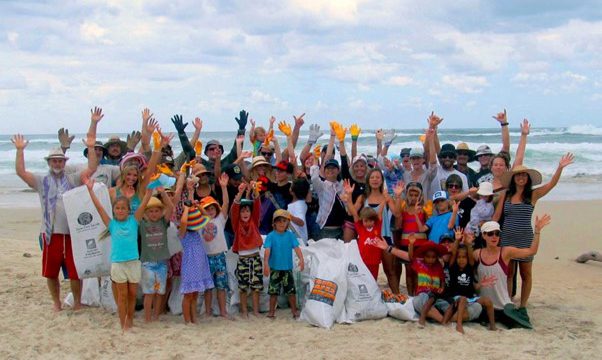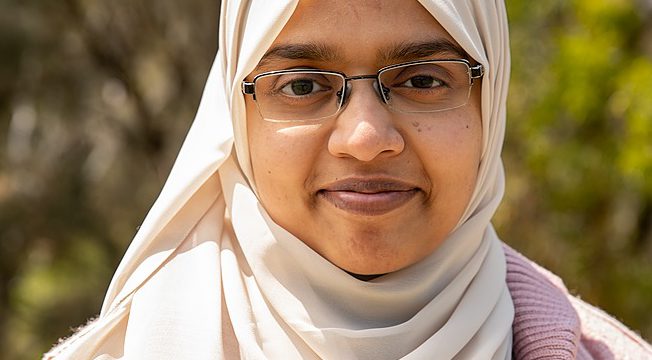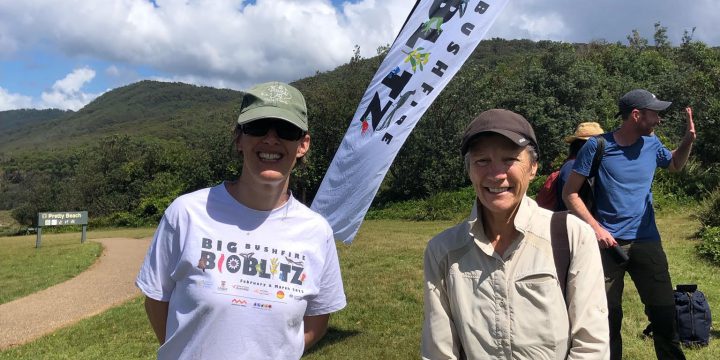
Two ACSA chairs reflect on their experiences and the growth of ACSA over the past 10 years
Erin Roger ACSA Chair (2016-2021) ACSA turning 10 this year is something we should all be really proud of. The association is what it is today because of the tireless time and dedication of mostly volunteers (as well as some excellent paid staff) in addition to all the members (individuals and organisations) who have supported it. I remember being at the inception meeting in Brisbane on May 6th, 2014, and it was filled with committed people wanting to make ACSA a reality. From those early days, ACSA has grown into a well-regarded and established source of best practice information, collaboration, coordination, and advocacy for citizen science. Being the chair of ACSA was a huge privilege. I had some outstanding opportunities during my tenure such as getting to travel to Nairobi…

